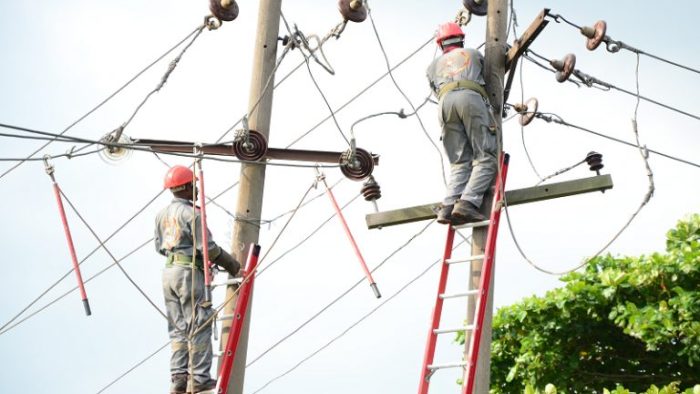Electricity plays a crucial role in everyday life. However, in Nigeria, many people have faced challenges with it.
We will explain the current situation in Nigeria, covering what functions well, what doesn’t, and what can enhance it.

The Current Electricity Situation
In Nigeria, reliable electricity is not accessible to many people. This results in frequent blackouts or power outages, making it difficult for individuals to study, work, or conduct business.
Even in areas where power is available, the quality is often poor, characterised by frequent voltage fluctuations and damage to electrical appliances.
Why It Is A Problem
The lack of reliable electricity in Nigeria hinders development and creates difficulties for many people.
Businesses struggle to operate efficiently, students find it hard to study at night, and hospitals may have difficulty providing essential medical care.
These are just a few of the major issues that we see in the immediate.
Electricity Challenges Faced
Several factors contribute to Nigeria’s electricity problems.
These include outdated infrastructure, insufficient investment in power plants and equipment, and issues with transmission and distribution.
Additionally, light theft is widespread, resulting in financial losses for power companies and further straining the system.
The current adoption of prepaid meters has helped reduce theft.
What Could Be Done
Improving Nigeria’s electricity situation will require efforts from both the government and the private sector.
1. We need investments to upgrade the infrastructure of Power Holding Company Of Nigeria (PHCN), construct new power plants, and enhance transmission and distribution networks.
2. Every household across the nation should have access to prepaid meters.
People Also Read: How New Electricity Tariff Will Affect Your House Rent
3. Renewable energy sources, such as solar and wind power, also hold promise for Nigeria. These sources are abundant and can provide sustainable light to areas that could not access light.
4. Encouraging the adoption of renewable energy technologies through incentives and policies can help diversify Nigeria’s energy mix and reduce reliance on non-renewable energy such as fuel.
Electricity in Nigeria poses a significant challenge that affects various aspects of life.
By addressing issues such as infrastructure and theft, Nigeria can progress towards a future where reliable and affordable electricity is accessible to all.
